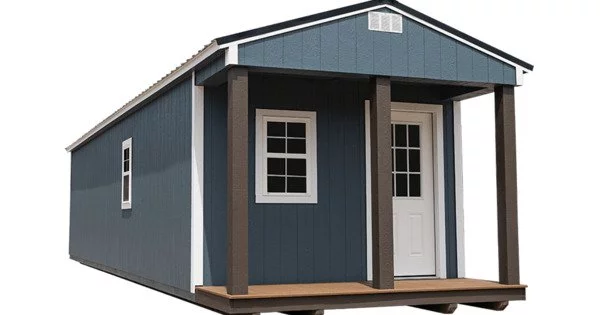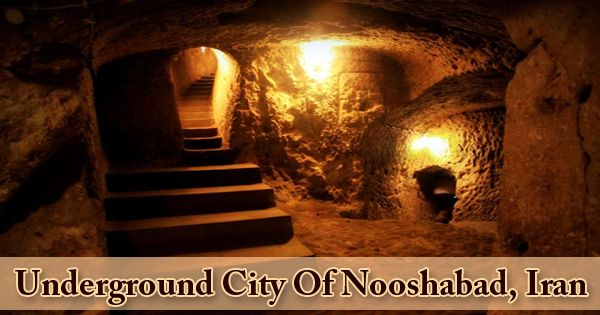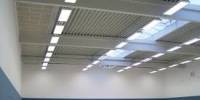A portable, demountable, or transportable building is one that is designed and built to be moved rather than fixed. It is a structure that can be moved or relocated easily. These structures are typically prefabricated off-site and transported to the desired location for quick assembly and setup. Portable buildings provide versatility and convenience because they can be used for a variety of purposes and are easily moved as needed.
Portable cabins are smaller versions of portable buildings. Portable cabins are prefabricated structures designed for use as a site office, security cabin, lodging, storage, and toilets, among other things. Portable cabins are a cost-effective alternative to traditional structures and are useful when temporary housing is required. Portable cabins are quick to manufacture and easy to deliver, offering everything from formal office accommodation to comfortable eating and relaxation areas, toilet and shower facilities, and site security units.
Portable buildings come in various sizes and configurations, ranging from small portable cabins to large modular complexes. They can be used for a wide range of applications, including:
- Temporary offices: Portable structures can be used as temporary office spaces on construction sites, at events, or in remote work locations. They can include all necessary amenities such as desks, chairs, electrical connections, and HVAC systems.
- Classrooms: Portable buildings are frequently used in schools and educational institutions as temporary or additional classrooms. They are a low-cost solution for accommodating growing student populations or addressing space constraints during renovation or construction.
- Site accommodation: Portable buildings provide on-site accommodation for workers in industries such as mining, oil and gas, and construction. They can provide sleeping quarters, dining areas, recreational areas, and other amenities for on-site personnel’s well-being and comfort.
- Retail spaces: Portable buildings can be converted into retail kiosks, pop-up shops, or temporary stores for seasonal businesses, trade shows, or outdoor events. They offer a quick and flexible way to establish a presence in different locations without the need for permanent structures.
- Storage units: Some portable buildings are designed specifically for storage purposes. They can be used to store equipment, supplies, inventory, or personal belongings. These buildings often come with secure locking mechanisms to ensure the safety of stored items.
A modular building is a common modern design, but portable buildings differ in that they are more often used temporarily and removed later. Portable structures (such as yurts) have been used since prehistoric times. Many modern portable buildings are designed to be transported to and from the job site on a large lorry and slung on and off by a crane.
Portable buildings have several advantages, including their mobility, ease of installation, and versatility. They can be easily transported to different construction sites, saving time and money. They can also be customised to meet specific needs, and their modular design allows for easy expansion or reconfiguration as needed.
















